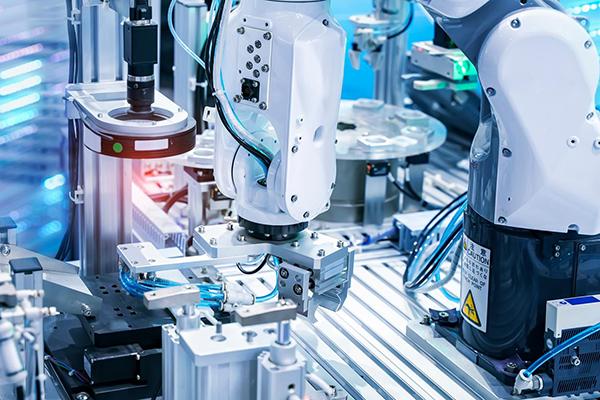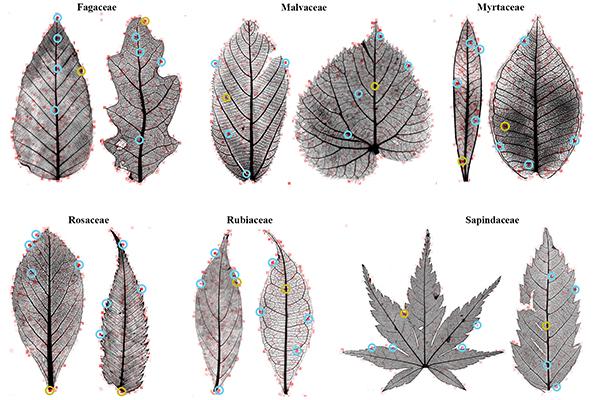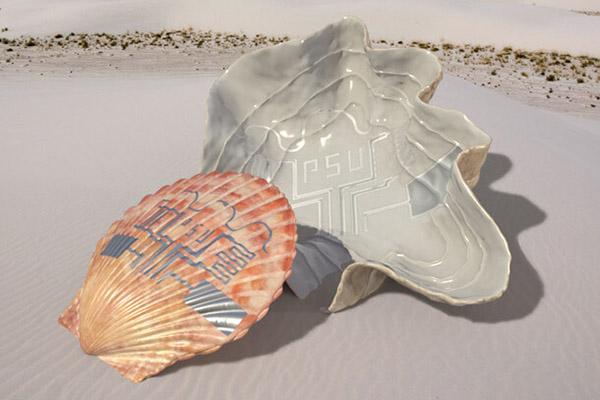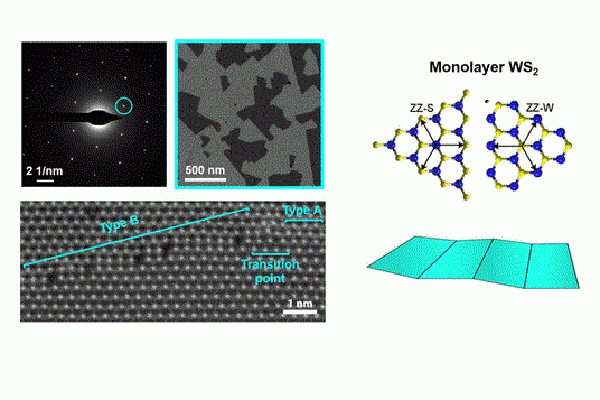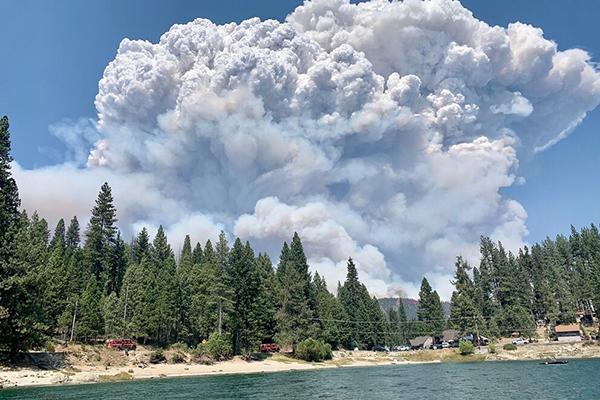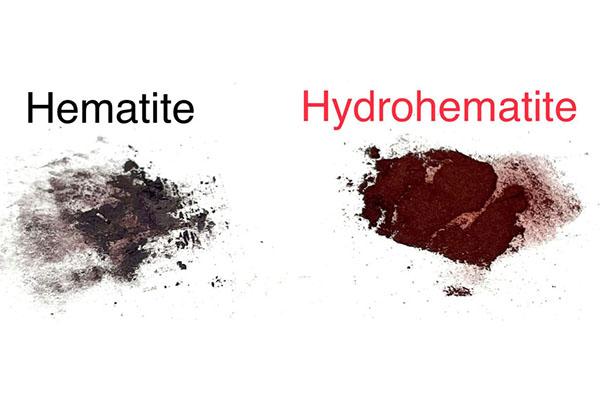Read the latest news about research conducted by investigators in the College of Earth and Mineral Sciences. Our faculty and students are continually advancing technology, creating solutions and expanding knowledge with new and innovative research.
News
The ability of piezoelectric materials to convert mechanical energy into electrical energy and vice versa makes them useful for various applications from robotics to communication to sensors.
Machine learning programs that can classify leaves and place them in biological families may unlock new clues about the evolution of plant life, but only if scientists understand what the computers are seeing.
Upcycling plastic waste into graphite, used in electric vehicles and renewable energy storage, could positively contribute to the global economy, preserving resources, saving energy and reducing carbon dioxide emissions, according to Penn State researchers.
A national research center that brings together university, industry and government partners to develop atom-thin 2D coatings with wide-ranging industrial applications is expanding thanks to a grant from the National Science Foundation (NSF).
Printable electronics could cause a proliferation of smart, connected devices, from household appliances that can communicate with each other to medical diagnostic sensors that can be placed on the body to forgo invasive procedures.
Two-dimensional materials are essential for developing new ultra-compact electronic devices, but producing defect-free 2D materials is a challenge.
Machine learning techniques may help scientists better understand the intricate chemistry of streams and monitor broader environmental conditions, according to a team of researchers.
Fires in semi-arid forests in the western United States tended to burn periodically and at low severity until the policy of fire suppression put an end to these low-intensity events and created the conditions for the destructive fires seen today.
A novel method of characterizing the structural and chemical evolution of silicon and a thin layer that governs battery stability may help resolve issues that prevent using silicon for high-capacity batteries, according to a group of researchers.
A combination of a once-debunked 19th-century identification of a water-carrying iron mineral and the fact that these rocks are extremely common on Earth, suggests the existence of a substantial water reservoir on Mars, according to a team of geoscientists.



